
Overview
Recovery Defined is a mental health treatment center for people seeking treatment near Montgomery County. As part of their treatment modalities for recovery, Recovery Defined provides couples/family therapy, group counseling, and cognitive behavioral therapy during treatment. Recovery Defined is located in Dayton, Ohio, accepting cash or self-payment for treatment.
Recovery Defined at a Glance
Payment Options
- Cash or self-payment
- Medicaid
- State-financed health insurance plan other than Medicaid
- Private health insurance
- Other State funds
Assessments
- Comprehensive mental health assessment
- Comprehensive substance use assessment
Age Groups
- Young adults
- Adults
- Seniors
Ancillary Services
- Case management service
- Court-ordered outpatient treatment
- Supported housing
Highlights About Recovery Defined
6.71/10
With an overall rating of 6.71/10, this facility has following balanced range of services. Alcohol Rehabilitation: 8.00/10, Drug Rehab and Detox: 6.00/10, Insurance and Payments: 6.00/10, Treatment Options: 6.85/10.-
Alcohol Rehabilitation 8.00
-
Treatment Options 6.85
-
Drug Rehab and Detox 6.00
-
Insurance and Payments 6.00
Treatment At Recovery Defined
Treatment Conditions
- Alcoholism
- Mental health treatment
- Substance use treatment
- Co-occurring Disorders
Care Levels
- Outpatient
Treatment Modalities
- Couples/family therapy
- Group counseling
- Cognitive behavioral therapy
- Integrated Mental and Substance Use Disorder treatment
- Activity therapy
Ancillary Services
Special Programs
- Clients with co-occurring mental and substance use disorders
- Clients who have experienced trauma
Get Help Now
Common Questions About Recovery Defined
Contact Information
Other Facilities in Dayton
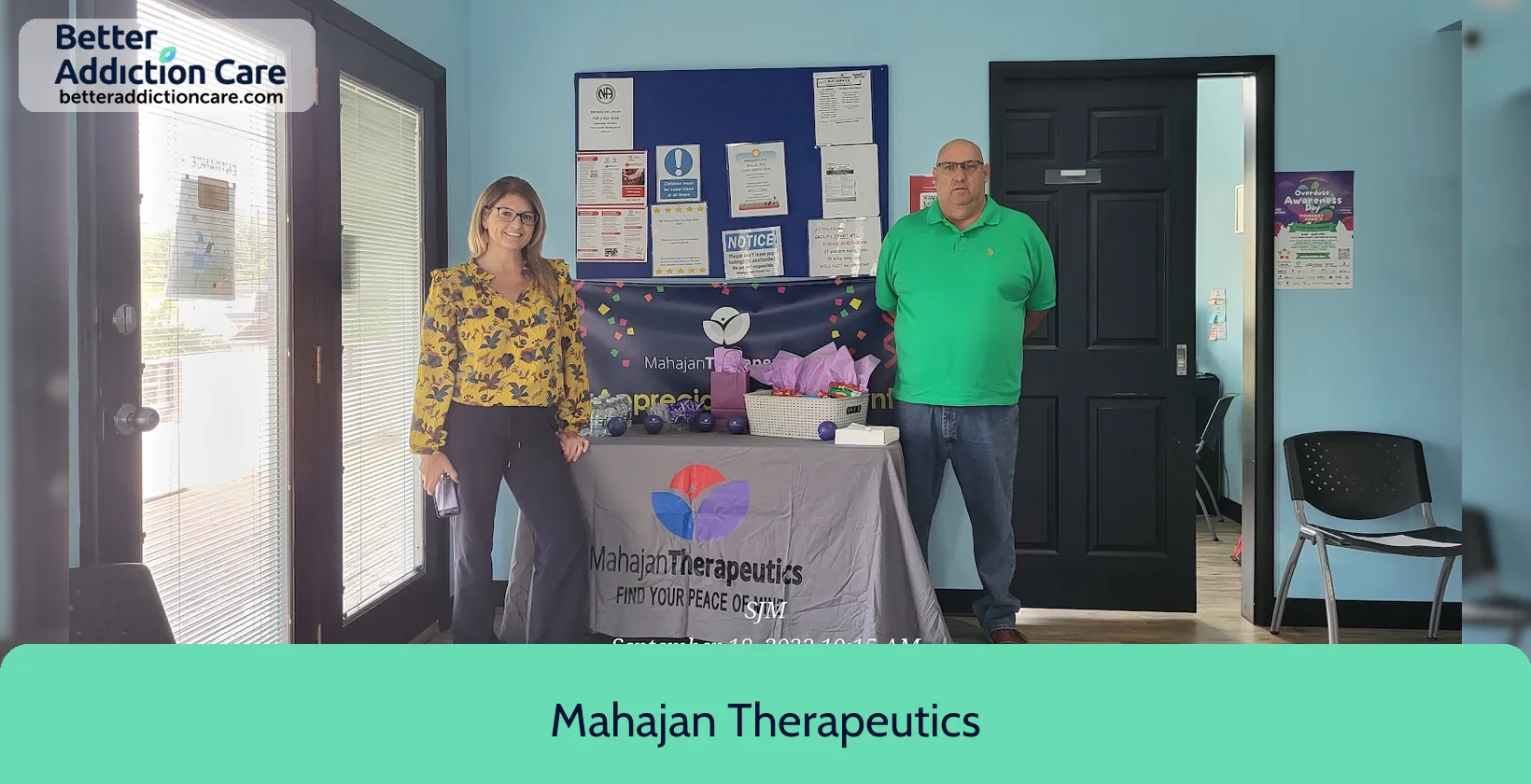
7.20
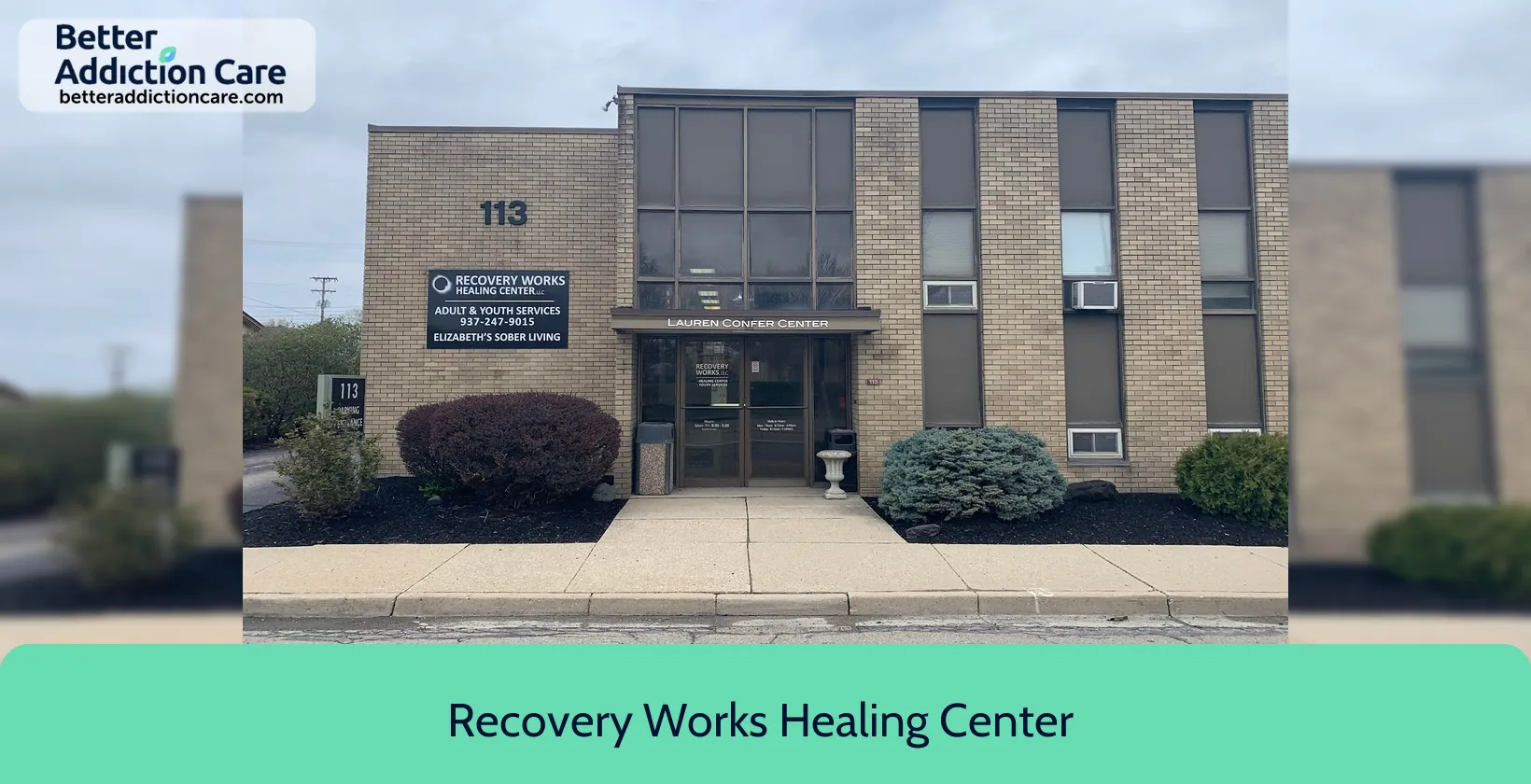
6.68
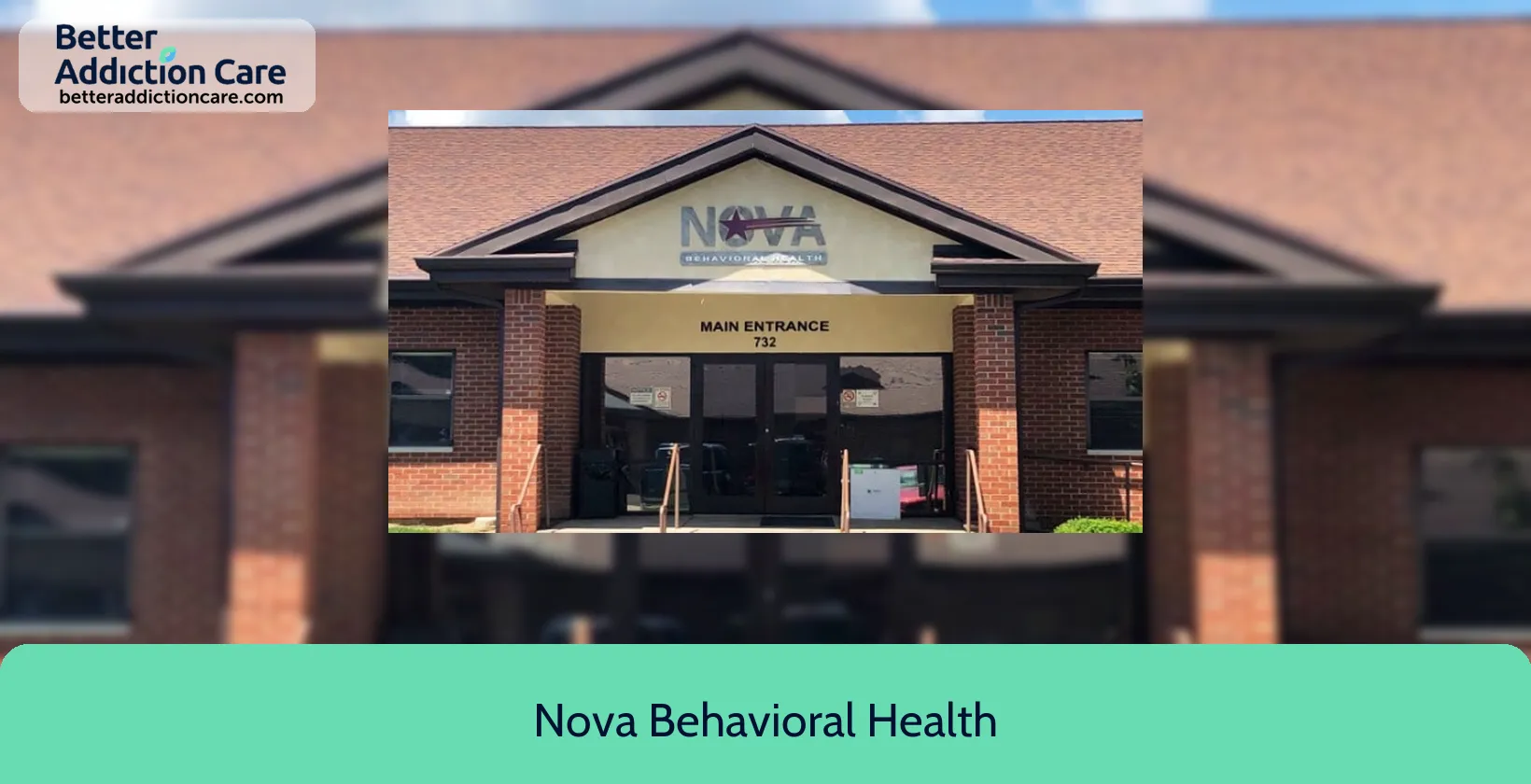
7.40
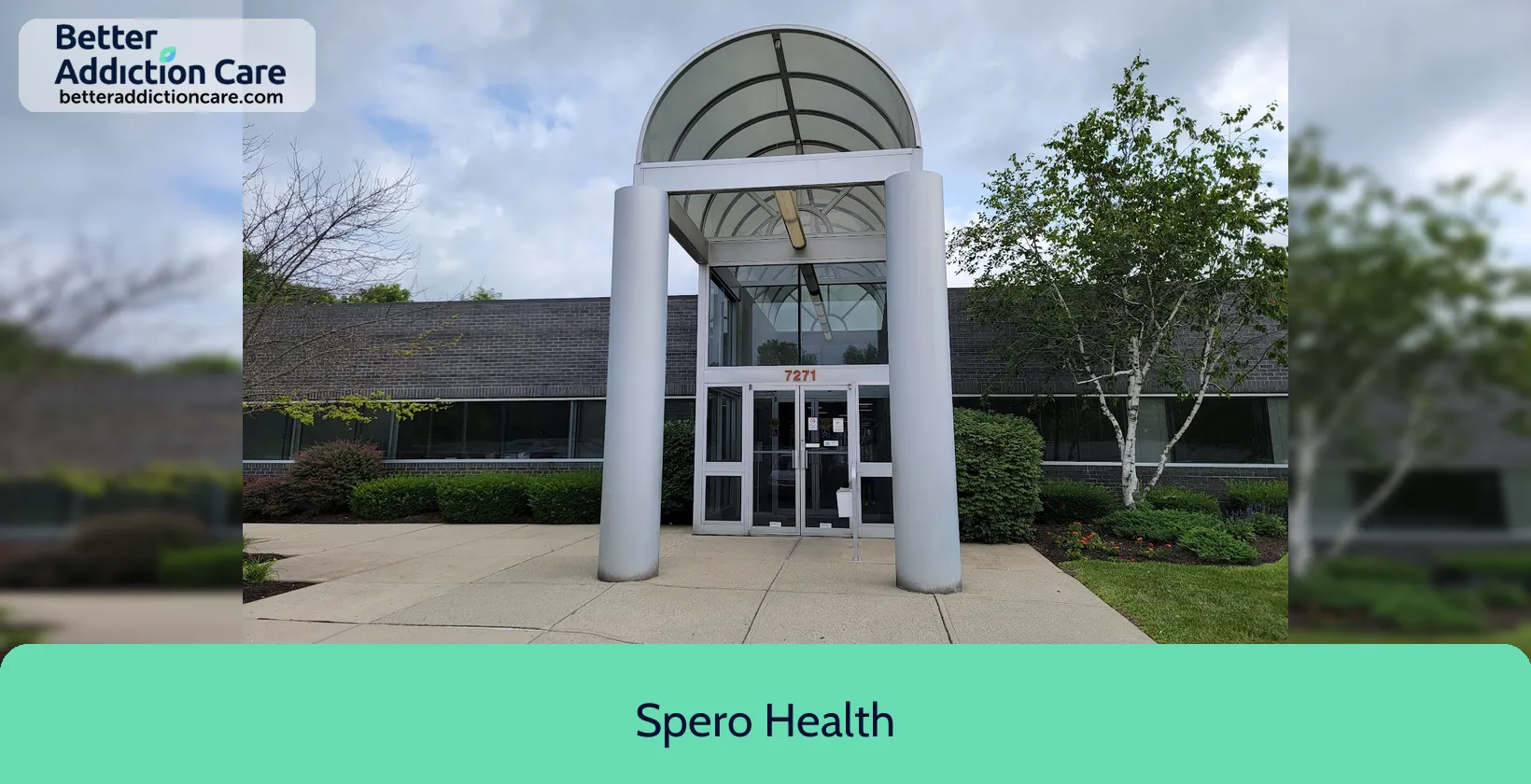
6.56

6.59

6.65

6.65
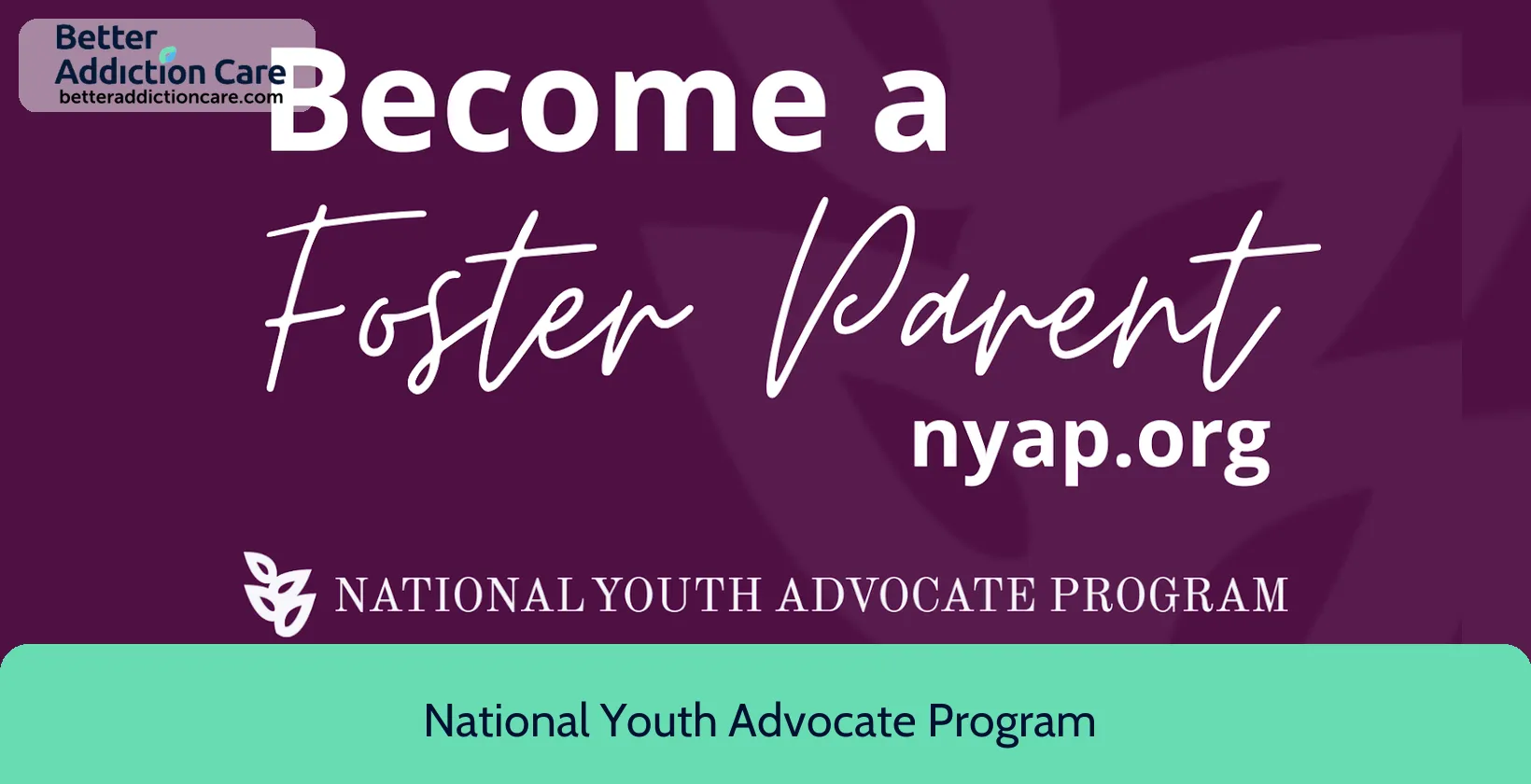
6.74
DISCLAIMER: The facility name, logo and brand are the property and registered trademarks of National Youth Advocate Program - Dayton Regional Office, and are being used for identification and informational purposes only. Use of these names, logos and brands shall not imply endorsement. BetterAddictionCare.com is not affiliated with or sponsored by National Youth Advocate Program - Dayton Regional Office.
